Green And Proud
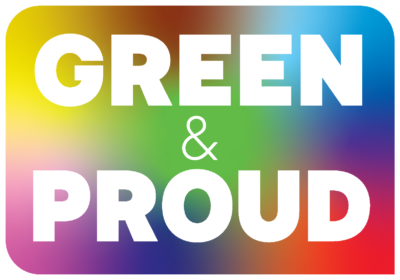

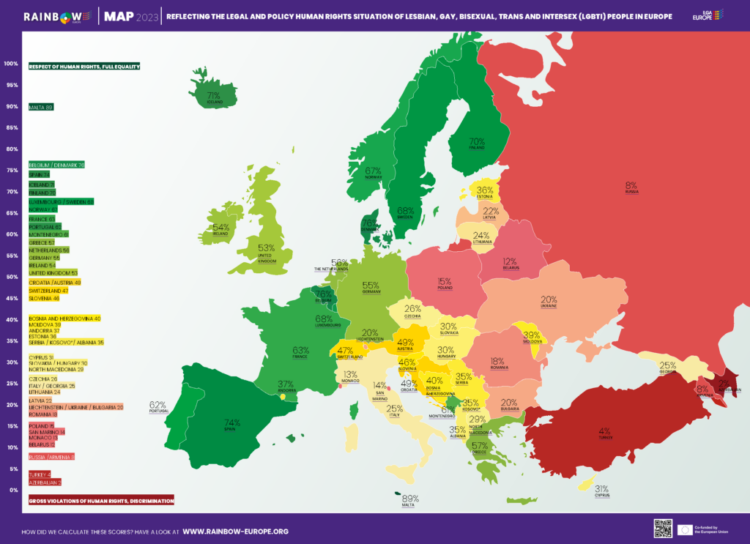
The ILGA report was released almost two weeks ago. It has been quoted many times during the official speeches at Pride. We note a focus on rankings and podiums in the analysis of this document. Many of the comments present our country as being at the forefront of the struggle for rights, even though everyone recognizes that there is still much to be done. We would like to invite more nuance.
This index is an annual assessment of the situation of LGBTQIA+ rights in Europe and the Middle East. Based on objective data and facts collected from 49 countries, the organization establishes a ranking that points out the first and the last. In a culture of competition, reaching the podium seems like an accomplishment. For many commentators, Belgium has regained the second place it lost last year. But let’s not lose sight of the fact that Malta, despite being in first place, is one of the few countries in Europe where abortion remains completely illegal (1). It is therefore clearly not a document that identifies the countries with the most progressive policies, but a partial indicator based on a limited number of criteria. Furthermore, the actual implementation of laws and the reality on the ground are not assessed.
Certainly, much has been done in Belgium. However, the written report that accompanies the map underlines that a lot of problems remain unsolved. A score of 76% means first of all that the rights of LGBTQIA+ people are not 100% guaranteed (by the way, what is the ideal of 100%?). This is the way to read this figure. Are we so used to insecurity that we can be happy about such a statement?
Indeed, even if things seem to be going in the right direction, nothing has been achieved yet concerning the end of conversion therapies, which are however forbidden in many other countries. This point alone should disqualify Belgium. In addition, the condemnation of medical mutilations suffered by intersex children (2) or the legal recognition of non-binary people are still ongoing projects. Furthermore, the reduction of the abstinence period for MSM from 12 to 4 months is not sufficient and remains discriminatory.
The figure put forward by ILGA is an average based on a series of criteria (equality, family, discrimination, etc.) which has the effect of “drowning” certain crucial points in the mass.
Belgium remains the scene of ideological tensions and progress is not yet definitively achieved.
RainbowHouse invites you to read the ILGA report with hindsight, whose conclusions, like those of other organizations (TGEU, Unia, SOS Homophobie, GLAAD…), still highlight a highly problematic and certainly perfectible global situation.
(1) A criterion that is not included in the ILGA assessment.
(2) The report gives Belgium a score of 0% on the rights of intersex people.
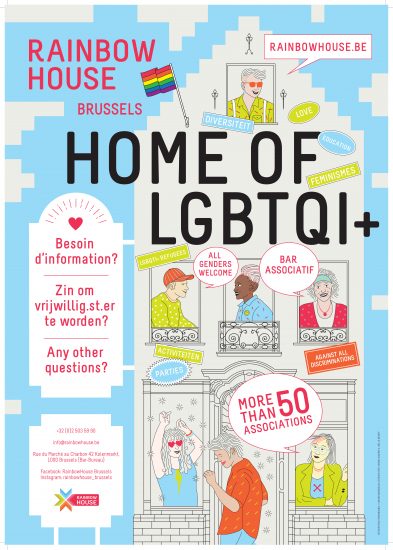
Because you are important ! RainbowHouse launches its first communication survey with the goal of optimizing the diffusion of information...
publié le 29 September 2017
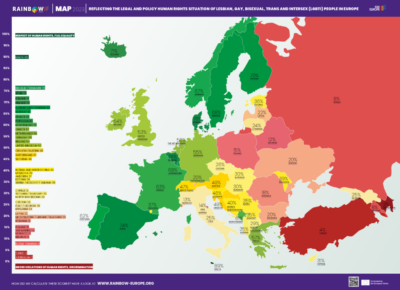
The ILGA report was released almost two weeks ago. It has been quoted many times during the official speeches at...
publié le 29 September 2017

The ILGA report was released almost two weeks ago. It has been quoted many times during the official speeches at...
publié le 29 September 2017

The Equalcity project is coming to an end. This project, funded by the European Union’s Rights, Equality and Citizenship programme...
publié le 29 September 2017

The ILGA report was released almost two weeks ago. It has been quoted many times during the official speeches at...
publié le 29 September 2017
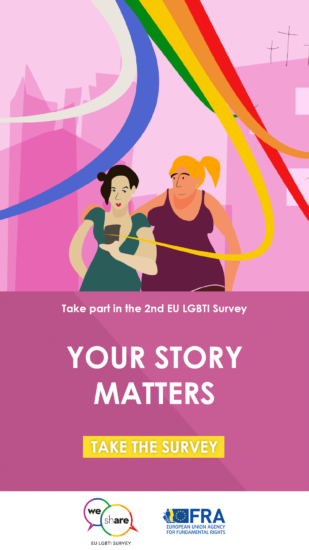
Besides occasional news reports about discrimination against lesbian, gay, bisexual, trans and intersex (LGBTI) people, there is very little comparable...
publié le 29 September 2017

The ILGA report was released almost two weeks ago. It has been quoted many times during the official speeches at...
publié le 29 September 2017

Besides occasional news reports about discrimination against lesbian, gay, bisexual, trans and intersex (LGBTI) people, there is very little comparable...
publié le 29 September 2017
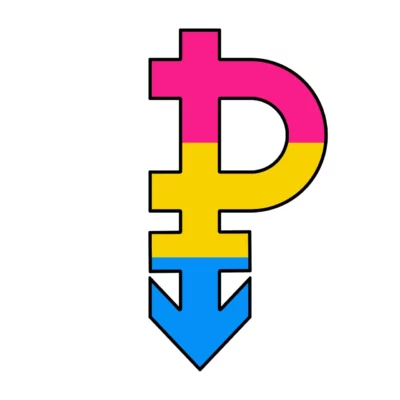
May 24th is the international day of pansexual and panromantic (or pan) visibility. Pansexuality is a sexual orientation in its...
publié le 17 September 2022